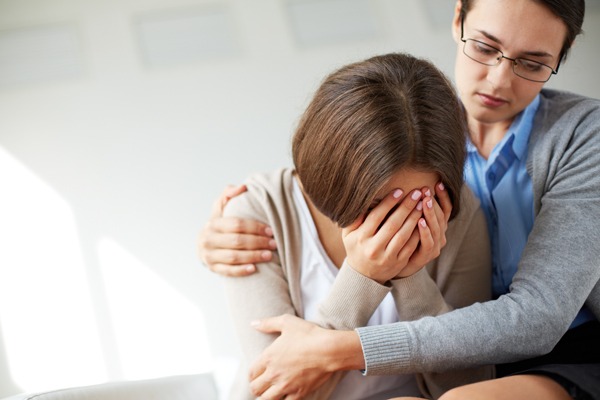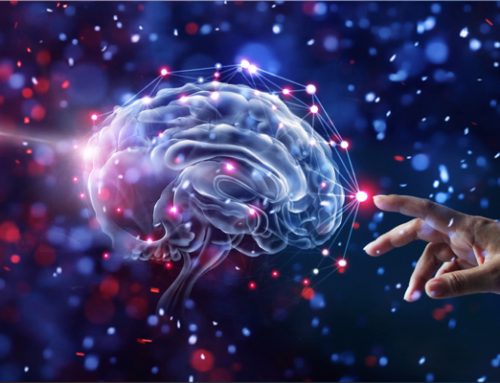 Depression not only affects your brain and behavior—it affects your entire body.
Depression not only affects your brain and behavior—it affects your entire body.
Dealing with more than one health problem at a time can be difficult, so proper treatment is important. Stroke survivors who are depressed may be less likely to follow treatment plans and may be more irritable or have changes in personality.(1)
Signs and Symptoms of Depression:
- Ongoing sad, anxious, or empty feelings
- Feeling hopeless, guiltily, worthless, or helpless
- Feeling irritable or restless
- Loss of interest in activities or hobbies once enjoyable
- Feeling tired all the time
- Difficulty concentrating, remembering details, or making decisions
- Difficulty falling asleep or staying asleep, a condition called insomnia, or sleeping all the time
- Overeating or loss of appetite
- Thoughts of death and suicide or suicide attempts
- Ongoing aches and pains, headaches, cramps, or digestive problems that do not ease with treatment
Many people require mental health treatment after a stroke to address depression, anxiety, frustration, or anger. Several factors may affect the risk and severity of depression after a stroke, including the area of the brain where stroke damage occurred, personal or family history of depression or other mood or anxiety disorders and level of social isolation before the stroke.
Depression is diagnosed and treated by a health care provider. Treating depression and other mental disorders may help stroke recovery. After a stroke, treatment with antidepressant medications or problem-solving therapy may prevent serious depression before it begins. Recovery from depression takes time but treatments are effective. If you are depressed or know someone who is, don’t lose hope. Seek help for depression and talk to your health care provider or find a local support group.
To learn more about life after stroke, visit the Pacific Stroke Association.
1. Depression in Primary Care: Volume 1. Detection and Diagnosis. Clinical Practice Guideline, Number 5. Depression Guideline Panel. Agency for Health Care Policy and Research. Department of Health and Human Services:Rockville, MD. AHCPR Publication No. 93-0550. April 1993.
2. Wouts L, Oude Voshaar RC, Bremmer MA, Buitelaar JK, Penninx BW, Beekman AT. Cardiac disease, depressive symptoms, and incident stroke in an elderly population. Arch Gen Psychiatry. 2008 May; 65(5):596–602.



